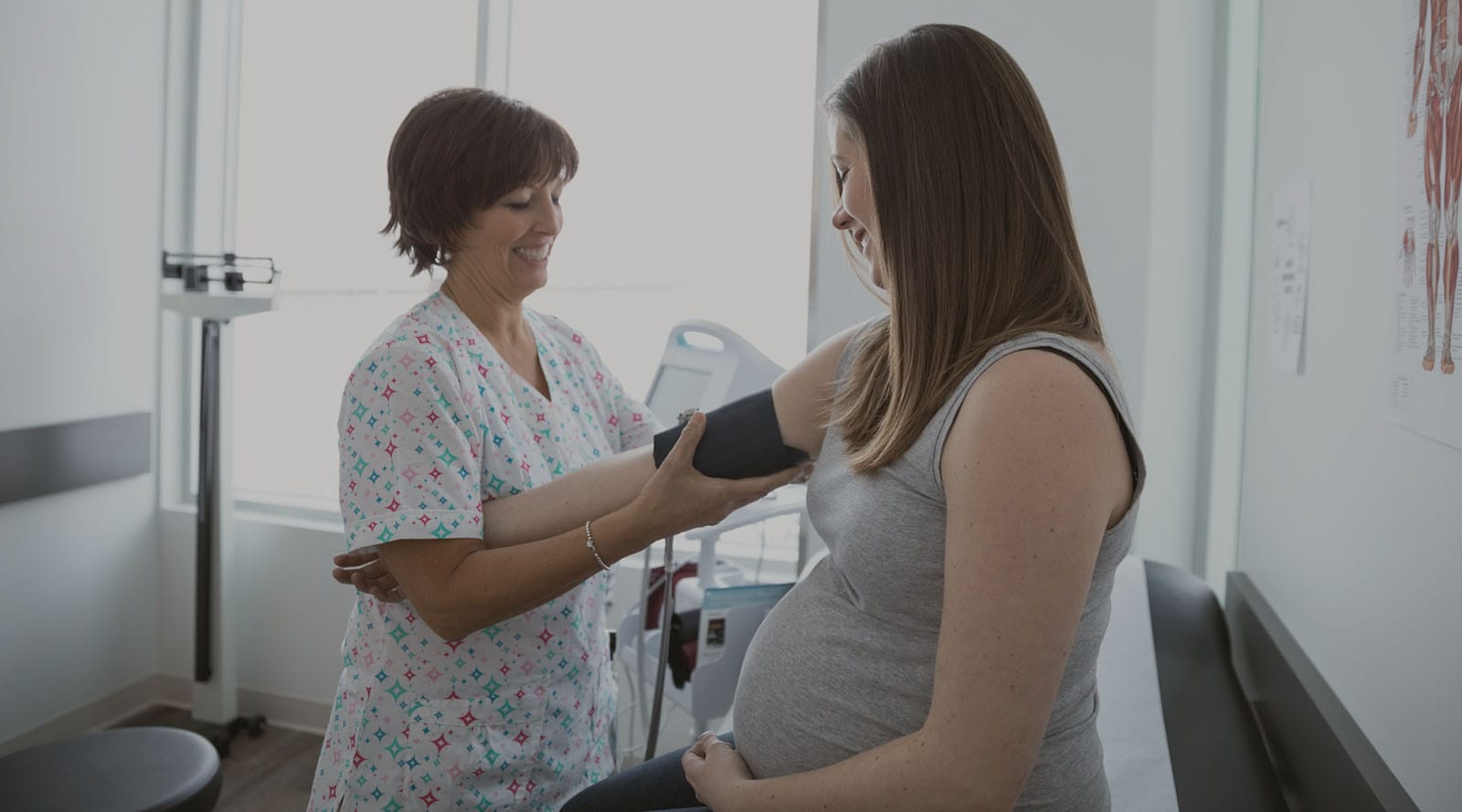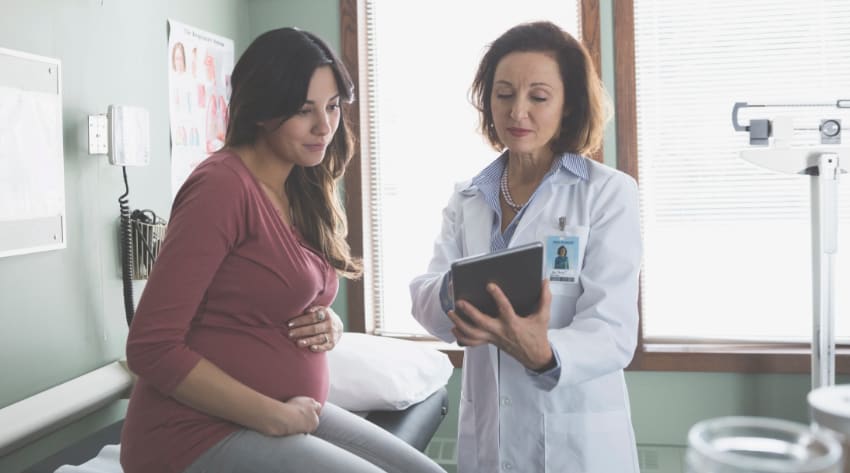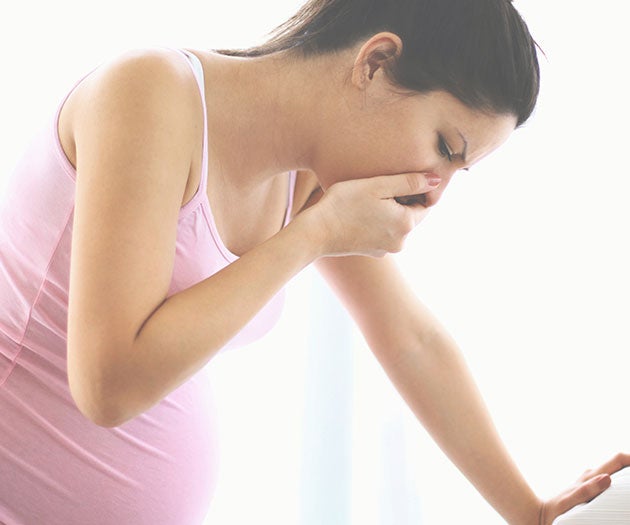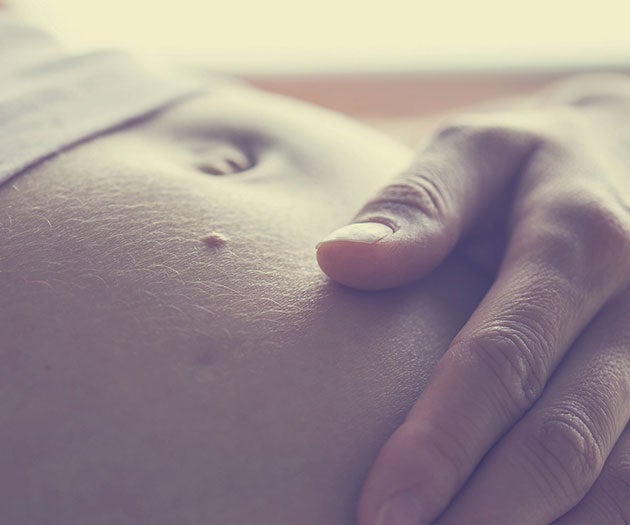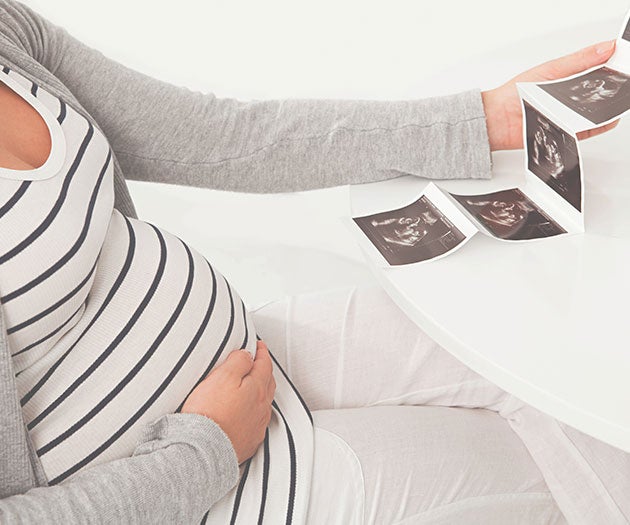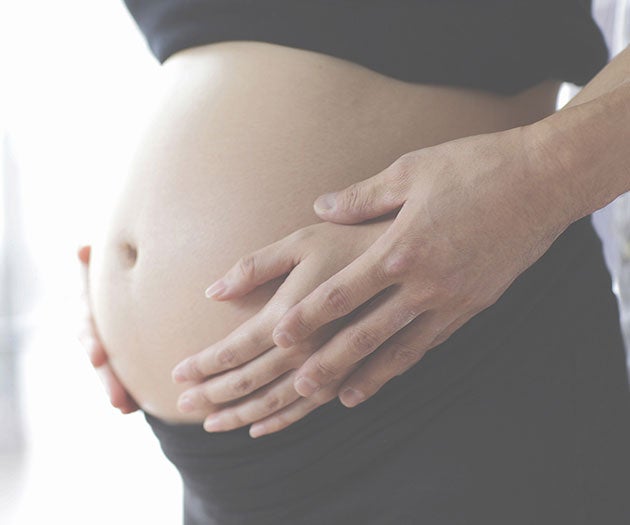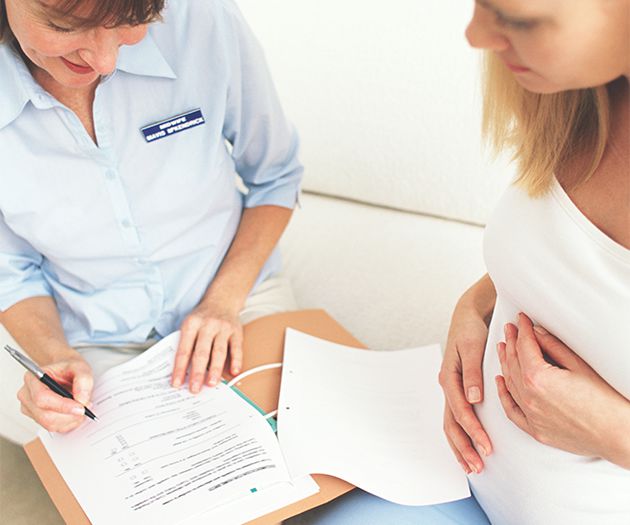Introduction
People don’t talk about pre-eclampsia much. Probably because it’s relatively uncommon and can be a pretty uncomfortable subject. But if you’re pregnant, or trying, it’s worth knowing what to look out for, just in case. Let’s look at the symptoms, causes and treatment.
What is pre-eclampsia?
First things first, pre-eclampsia is a medical condition that usually appears in the second half of pregnancy or sometimes after baby is born. It’s thought to be caused by the placenta not developing properly but the exact reason isn’t understood. Thankfully, most cases are mild with no long-term effects.
What causes pre-eclampsia?
Preeclampsia is thought to be caused by the placenta not developing properly due to a lack of blood, which means baby isn’t receiving enough blood either. Why the placenta might not develop fully isn’t known, but it’s probable that inherited changes in your genes play a part because the condition often runs in families. For more information about the causes speak to a healthcare professional.
Who’s affected?
Up to 6% of pregnancies are affected by mild pre-eclampsia, while severe cases develop in 1-2% of pregnancies.
Although these figures seem low it’s worth being aware of conditions that could increase your chances of developing pre-eclampsia.
-
If you had diabetes, high blood pressure or kidney disease before becoming pregnant
-
If you have another condition, such as lupus or antiphospholipid syndrome
-
If you developed pre-eclampsia during a past pregnancy
Other things that can contribute to your chances of developing pre-eclampsia include:
-
having a history of pre-eclampsia in the family
-
being over 40 years old
-
having a ten-year gap between this pregnancy and your last
-
expecting twins or more
-
having a body mass index (BMI) of 35 or above
If you have two or more of these together, your chances are higher. If your midwife thinks you could be at high risk of developing preeclampsia, you may be advised to take a low-dose aspirin daily, from the 12th week of pregnancy until your baby arrives.
Pre-eclampsia symptoms
The most common signs of pre-eclampsia are:
- high blood pressure
- protein in urine
You’re probably not going to spot those symptoms on your own at home. They should however be picked up through the routine urine and blood-pressure monitoring you have with your midwife. Pre-eclampsia tends to show up after the 20-week mark.
While high blood pressure can be an indicator for preeclampsia, it doesn’t automatically mean you have it. Some women get high blood pressure, otherwise known as gestational hypertension, during pregnancy which can be mild, moderate or severe. If you suffer with hypertension your midwife or GP will talk to you and ensure you get the correct medication to lower your blood pressure.
If you’re experiencing any of these symptoms, then seek medical help right away:
- severe headaches
- swollen face, hands, feet, ankles or neck
- extreme pain just below your ribs
- blurred vision
Pre-eclampsia treatment
If you do have pre-eclampsia you will be closely monitored and your midwife and doctor will come up with a plan of action depending on the severity of your symptoms.
Pre-eclampsia in pregnancy can cause a few complications and in rare instances these can be life-threatening, so to avoid the risk to mum and baby your doctor may suggest delivering baby a few weeks early. It might not be what you had in mind but it might be the safest option. Try not to worry as lots of babies are delivered a bit early and are just fine. Once baby is born your blood pressure should go back to normal in a few days or even hours, although it could take longer. Don’t worry, you’ll be closely monitored to make sure everything’s ok.
If pre-eclampsia is not treated it could lead to eclampsia which is much more serious for both mum and baby. It is rare, but it’s worth being aware of so you can keep on top of it.
If you’re worried you might have pre-eclampsia symptoms you should speak to your doctor or midwife. They may refer you to a hospital consultant for further tests and put together a plan of care. You can find more details on preeclampsia from the HSE.



